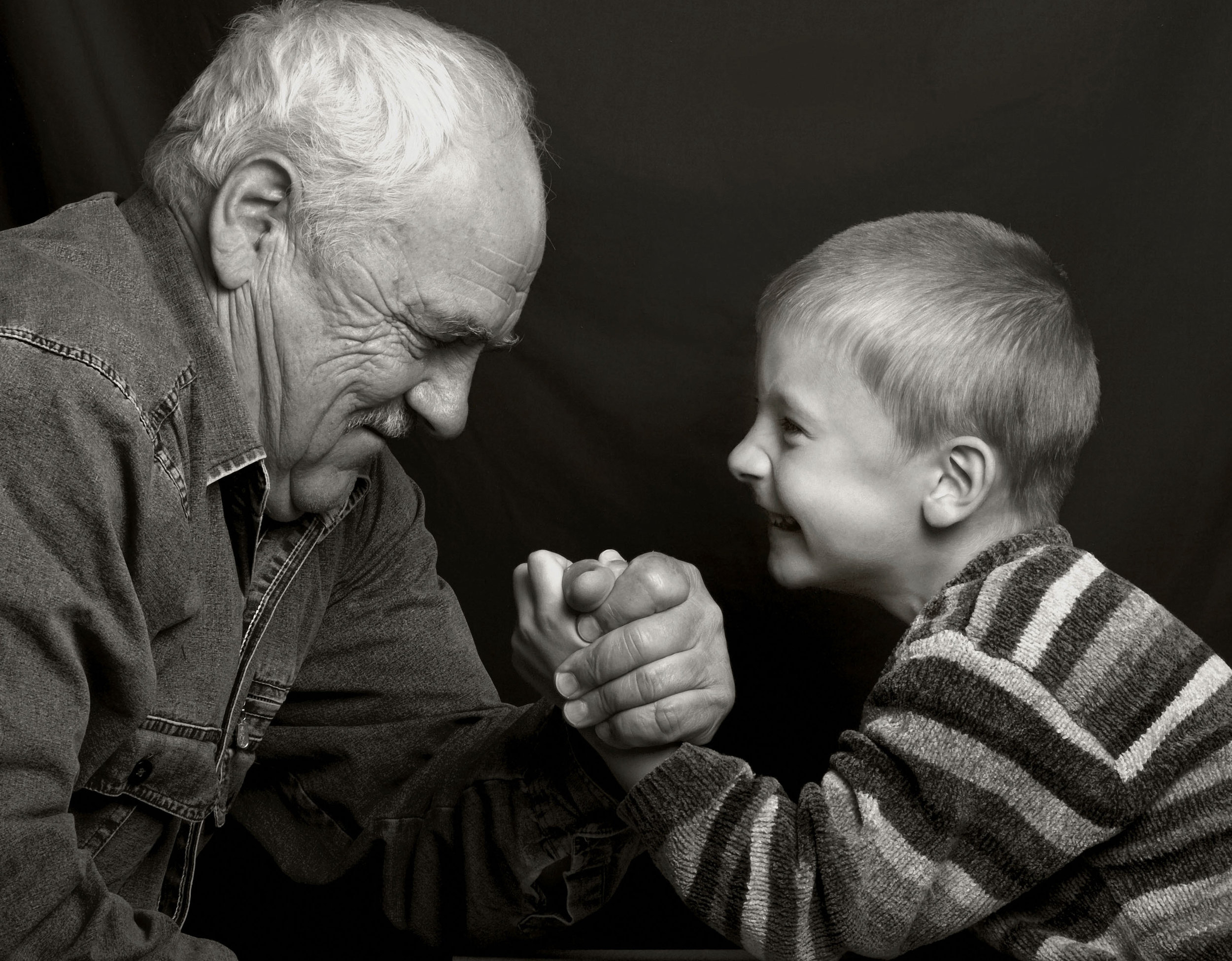Play for Health
/In 1997, I stood in a large cupboard in a Welsh mansion, packed in with a dozen friends. My heart pounded as I stilled my breath to silence in the cramped space. I rank the moment from 22 years ago among my best memories. It reminds me of the sweet glee that comes from play.
We were then playing a game of Sardines. The holiday house was huge and was the perfect place to romp along with a bunch of like-minded adults. Sardines is like hide-and-seek in reverse - one person hides while everyone else counts to twenty, then hunts down the fugitive. One by one, as the seekers find the hider, they join up and hide together until one unlucky person is left trying desperately to find a heaving, sweaty, amorphous mass of humanity.
A few months ago, a colleague pointed me towards a talk by Stuart Brown, a pioneering researcher from The National Institute of Play in Carmel Valley, California. He states that “a depressive state is the opposite of play”, and that far from being something just for children, play in adults is “as pervasive a natural phenomenon as sleep”. It stimulates the cerebellum which in turn fires the frontal cortex, the centre of our executive thinking, enabling us to be more adaptable, optimistic and better problem-solvers. A nice side-effect is boosting the immune system.
By all accounts the recruiters at Nasa, Boeing and JPL in the States now only hire R and D problem solvers if they have done a lot in their early years with their hands - Lego, fiddling with cars, crafting, anything: as they had found that even the top graduates who had atrophied play experience were unable to problem solve.
I intend to find more opportunities to light up my brain in this way. After all, I already know how much fun there is to be had inside a cupboard.


